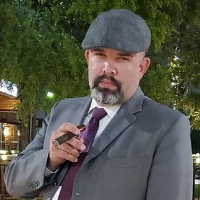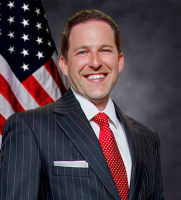Gainesville DUI-DWI Lawyer, Texas
Sponsored Law Firm
-
 x
x

Click For More Info:
-
Law Office of Robert R. Jones III
2411 Emancipation Ave, Suite 202, Houston, TX 77004» view mapCriminal Defense Expert Representation for Reasonable Rates
If you need representation, call me 24/7.
800-883-8760
Jason Van Dyke
Criminal, Juvenile Law, Expungement, DUI-DWI, White Collar Crime
Denton, TX Criminal Defense Attorney
Throughout a tenure exceeding sixteen years, Mr. Van Dyke has dedicated his legal prowess as the general counsel for factoring companies, commercial d... (more)
Hunter A. Biederman
Criminal, DUI-DWI, Juvenile Law
The “Go to Guy for DWIs”.
Hunter Biederman, often referred to as the “Go to Guy for DWIs” is a founding partner of the Law Offices of Biederman & Burleson P.L.L.C., located... (more)
John Hunter Smith
DUI-DWI, Domestic Violence & Neglect, , Firearms, White Collar Crime
Status: In Good Standing
FREE CONSULTATION
CONTACTFREE CONSULTATION
CONTACT Robert Jones San Antonio, TX
Robert Jones San Antonio, TX AboutLaw Office of Robert R. Jones III
AboutLaw Office of Robert R. Jones III Practice AreasSpecializations
Practice AreasSpecializations


